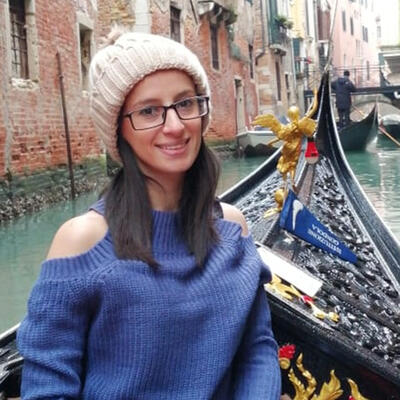The opening of Lebanon’s National Library in December garnered a lot of attention, with many agonizing over historical details, political motivations and who paid for which part of the “new” building in Sanayeh.
Now open to the public for over a month, the real question is: “Is there a library card and what can it be used for?” The answer for now is essentially, “Not yet and we’re working on it.”
Understaffed, underfunded and limited by an absence of government, the National Library has to take small steps to achieve their grand goals. On Jan. 8 an initial public program was announced and managers intend to focus on expanding their collection, which has many gaps from their inactive years and Civil War-era losses.
“We have about 300,000 documents, including books, periodicals, maps etc. in many languages,” the library’s executive director Gelnar Atoui informed The Daily Star.
“The library has a varied collection, as well as the old founding collection from Viscount Philippe de Tarrazi, which ... he gathered during his travels.
“In 1924 a law was passed that any book published in Lebanon would have a copy at the National Library,” she added, “so part of our collection is a portion of these books that were able to be saved when the first National Library was destroyed.
“Added to this collection are documents donated to the library over the years ... such as a large collection from Middle East Airlines and the books that come to the Culture Ministry that request IBSN numbers [a code signifying meeting international publishing standards.]”
The library has a collection of about 70 oil paintings that were part of the old library, with some hung around the new venue. On Jan. 10, 17,000 books were donated to the Culture Ministry by Saudi NGO the Arab Thought Foundation.
Two copies of each of 69 donated titles will be given to the National Library, while the balance will be dispersed among other libraries.
“Right now it’s very important to create an inventory of what we have and sort out the management,” Atoui said. “Until now we’ve been working out of a storage center in the port area and we were transporting all the items to the new building. Now we can see what the demands of the people visiting are.
“We’re a small team and are trying to transfer from a project to an institution,” she continued. “We’re open 8:30 a.m. to 1 p.m. weekdays and that’s what we can offer right now. Later on we can change it when we have proper managements, more staff and a budget.”
Consolidating the collection awaits the reinstatement of the law that required Lebanese publishers to house a copy of every book at the library. The periodicals unique to the library also require organization.
“There were many years without this and in the absence of a National Library these past years other libraries and foundations have been keeping records, so we’re working with them, even if it’s just to take an electronic copy so we have it.”
“Some of the older books and manuscripts are still being restored which go back to 1700-1800 and we have conservators from abroad who are teaching our own restorers how to do this work,” Atoui added.
“We’re choosing which ones to restore carefully as it’s a long and expensive process.”
Among the rare items are a series of letters from 1754 written by the British consul in Aleppo, Alexander Drummond, contained in book-form, titled “Travels through the different Countries of Germany, Italy, Greece, and parts of Asia Minor, as far as the Euphrates, with an Account of what is remarkable in their present State and their Monuments of Antiquity.”
No date has yet been set for when a library card might be available for membership purposes, citing the need of a government for any real decision-making. For now, the public are able to visit the library for reading or research purposes.
The new facilities include a reading hall with Wi-Fi soon to be a feature. Researchers wishing to look for specific documents can take an appointment to see their chosen material. Study areas, a lecture hall and an auditorium are also on site.
“We want the library to be both a library and a cultural institute so while we’re waiting for the library’s side to get going we’re working on a public cultural program,” Atoui said. We launched the program with weekly talks and lectures every Thursday, featuring poetry readings, author’s talks, film screenings etc.
“We’re planning it month by month and so far and for the remainder of January we have a discussion by journalist Samir Atallah about the lack of books being written in Arabic, and a talk about Khaled Ziadeh’s book ‘The Modern Arab City.’ A children’s program is also hoping to be launched when the library gets on its feet.”
This article has been adapted from its original source.










